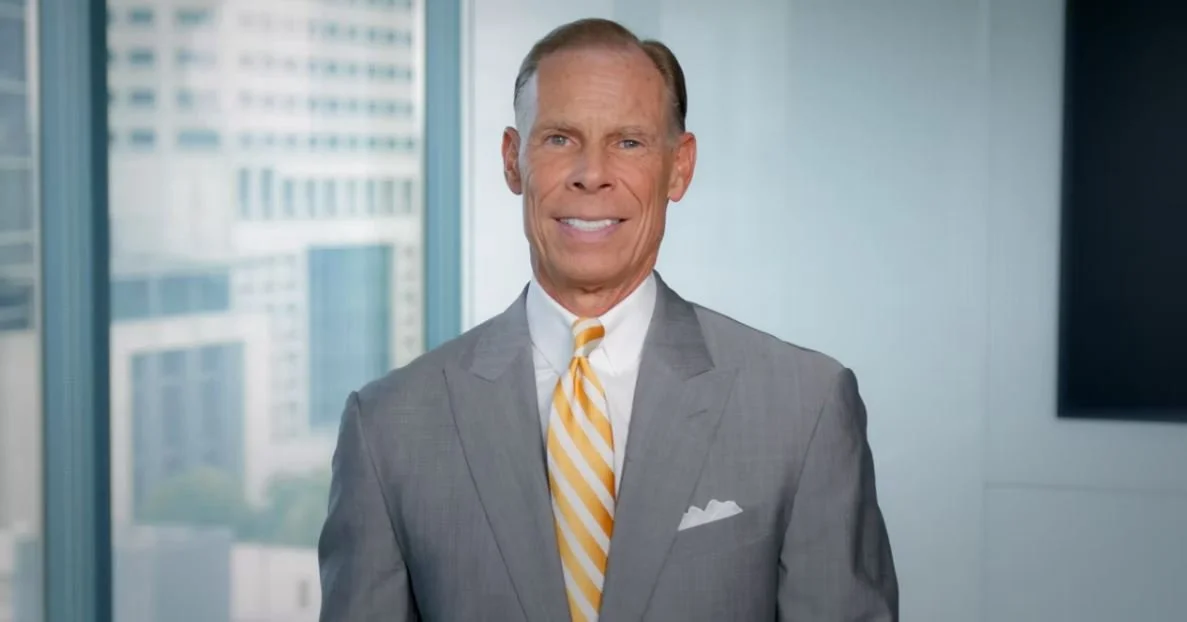 by Brad Houle, CFA
Senior Vice President
by Brad Houle, CFA
Senior Vice President
Ben Bernanke’s tenure as Fed Chairman is coming to an end this year. He became Fed Chairman in 2006 and led the organization through the financial crisis. Prior to his tenure as Fed Chairman, he was an economics professor at Princeton University. One of his primary areas of interest was the Great Depression and that perspective shaped the Federal Reserve’s response to the crisis.
Janet Yellen has been nominated as the next chair of the Federal Reserve Open Market Committee. She is expected to be confirmed and would start to serve her term in early 2014. The financial markets are in favor of a Yellen Fed in that her viewpoint is thought to be similar to the outgoing Ben Bernanke. She is characterized as being “dovish” which means that she is in favor continuing zero interest rate policy and quantitative easing for an extended period of time until unemployment is reduced to a more acceptable level. Financial markets crave as much certainty and continuity as possible and the Yellen Fed fits the bill. She was tasked by the outgoing Chair Bernanke to facilitate a more open and transparent Fed. It is expected that Yellen will use this platform to steer expectations of market participants.
Countless articles and endless analysis of the Yellen Federal Reserve in the financial press have debated the minutia and theorized what a Yellen Fed will be like. At Ferguson Wellman, we have a unique perspective on the Yellen Federal Reserve. Jim Rudd, CEO of Ferguson Wellman, had the opportunity to serve as the Chair of the Portland Fed for several years under Janet Yellen who was then President of the 12th District of the Federal Reserve of San Francisco. Having witnessed her management skill first hand, Jim commented that she embraces the culture of the Fed and has the ability to manage the process of setting monetary policy. He also indicated she was on the front line of the real estate crisis in the Fed 12th district during the Great Recession and that had a lasting impact on her and how she views the fragility of the recovery.
Takeaway This Week
- There were not a lot of surprises from the Fed minutes released on Wednesday. The only material change was language surrounding an acknowledgement of a slowing in the housing recovery





